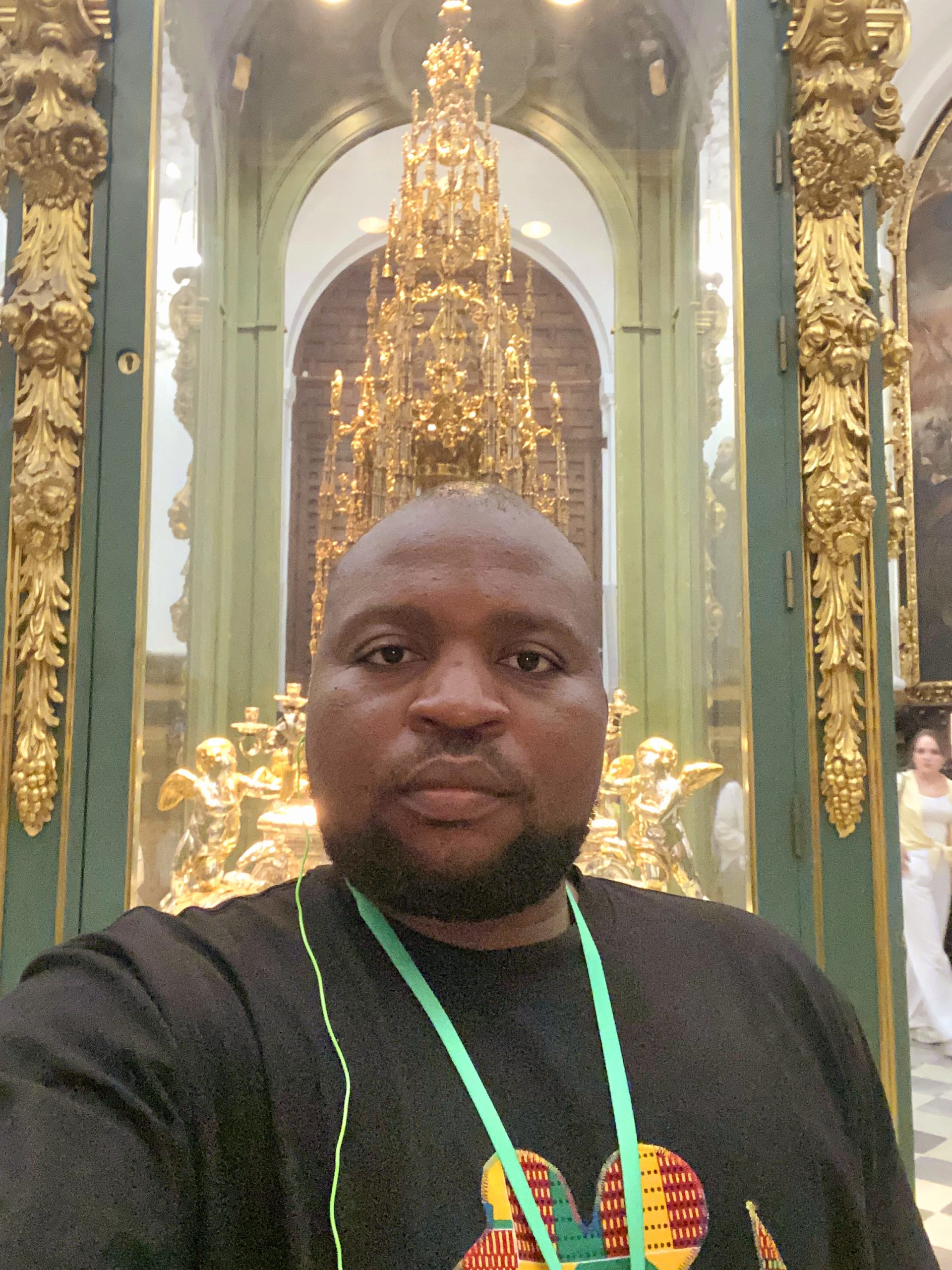From the Frontlines to the Hub of Dialogue: Reliving the KAICIID Facilitated Training in Mollina, Spain
A youth reflection piece by Nyasha Freeman Musikambesa, iDove Co-Chairperson for the Africa Region, on his participation at the University on Youth and Development (UYD) Training
From the 14th to the 21st of September, I participated in a transformative dialogue training at the 24th University of Youth and Development, hosted in Mollina, Spain. The event, held in partnership with the North-South Centre of the Council of Europe, was perfectly foreshadowed by a message from our iDove Coordinator, Ms. Jutta Martin, who wished me an “inspiring, sunny visit to Spain.” This sentiment truly captured the week’s spirit.
The intensive training on Dialogue in Conflict Resolution and Policy Support for Peace Building was facilitated by the King Abdullah bin Abdul Aziz International Centre for Interreligious and Intercultural Dialogue (KAICIID). Our cohort was a vibrant mosaic of passionate peacebuilders from Iraq, Syria, Bosnia, South Sudan, Mexico, Vietnam, Myanmar, Uganda, Kenya, and my own home, Zimbabwe. This diversity was our greatest asset, moving us beyond theory into the practical heart of daily peacebuilding.
The core mission was clear: to shape future dialogue formats that champion a comprehensive peace, free from extremism and discrimination. This experience now serves as a direct compass for my work in Northern Mozambique, where communities are strained by internal strife. The frameworks I gained are not merely academic; they are essential tools I will use to uplift communities by transforming conflict into collaboration.
Furthermore, these insights mark a significant leap forward as we prepare to deploy the iDove Training of Trainers (ToT) manual at our upcoming Intercontinental Youth Forum and subsequent mentoring processes. A key highlight was our visit to historic religious sites, which provided a critical, informal leap in understanding how dialogue is woven into the fabric of lasting peace. My stay in Mollina was a powerful affirmation that our collective work in fostering intergenerational understanding is key to creating a world where every community can thrive in harmony.
The most memorable moment was an impromptu dialogue that was stimulated as we marvelled at the beautiful architecture that characterised the Mosque of Malaga and how it was interchangeably applied in the adjacent Christian Church walls, a great symbol of religious tolerance worth acknowledging. After the formal visit, we continued discussing the role of faith in public life, with participants from secular, Christian, and Muslim backgrounds sharing personal stories. This raw, unfiltered exchange in a neutral, sacred space epitomized the very essence of Interreligious Dialogue, thus transcending theoretical debate to achieve genuine, human-to-human understanding.

About Nyasha Freeman Musikambesa
Nyasha Freeman Musikambesa is a Peace Practitioner who has worked across the East and Southern African region for over nine years, employing various innovative tools to promote interfaith and intergenerational dialogue. He has previous experience engaging with the humanitarian coordination system through active involvement in NGO consortia that include organizations from Mozambique, Malawi, Tanzania and Zimbabwe. Additionally, he has worked within working groups at the regional level, collaborating with the African Union, USAID, and United Nations platforms. Having worked directly with young people across borders, he understands the unique challenges they face in these regions, including poverty, lack of access to education and opportunities, and vulnerability to radicalization.

About the iDove Programme
The iDove programme and capacity building support program on Interfaith Dialogue and prevention of Violent Extremism provides youth-driven, innovative, and context-specific responses to preventing violence. The program activities are implemented by selected seven local organizations associated with iDovers, who are youth peacebuilders from Europe, Asia, and Africa. The program contributes particularly to the advancements of the small-scale projects while supporting iDovers engagement more broadly. The Network for Religious and Traditional Peacemakers supports the actions implemented by the iDover-associated organisations to enhance their organisational capacity building to ensure timely and effective youth-led responses to preventing violence.
Follow the iDove programme on social media
